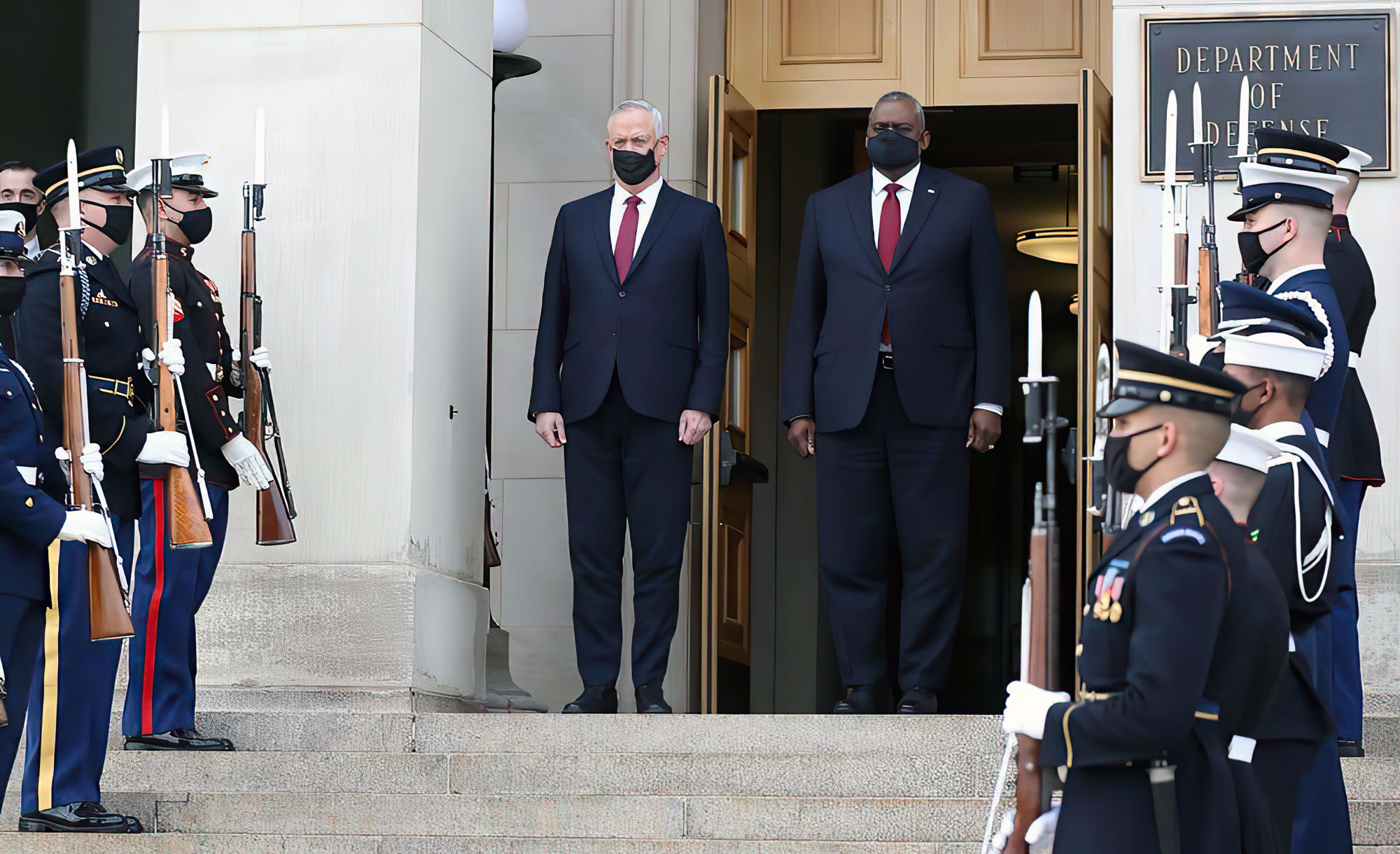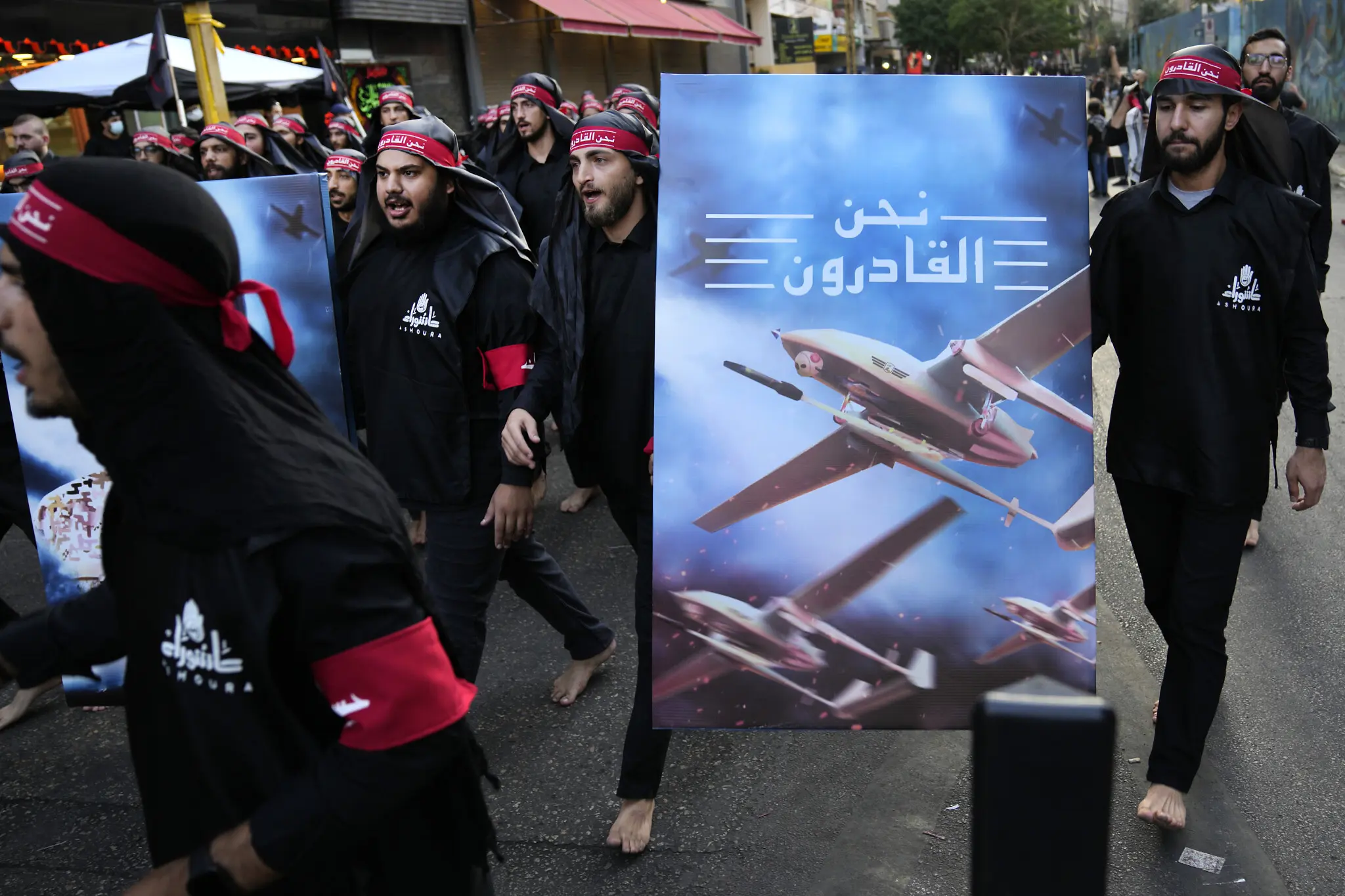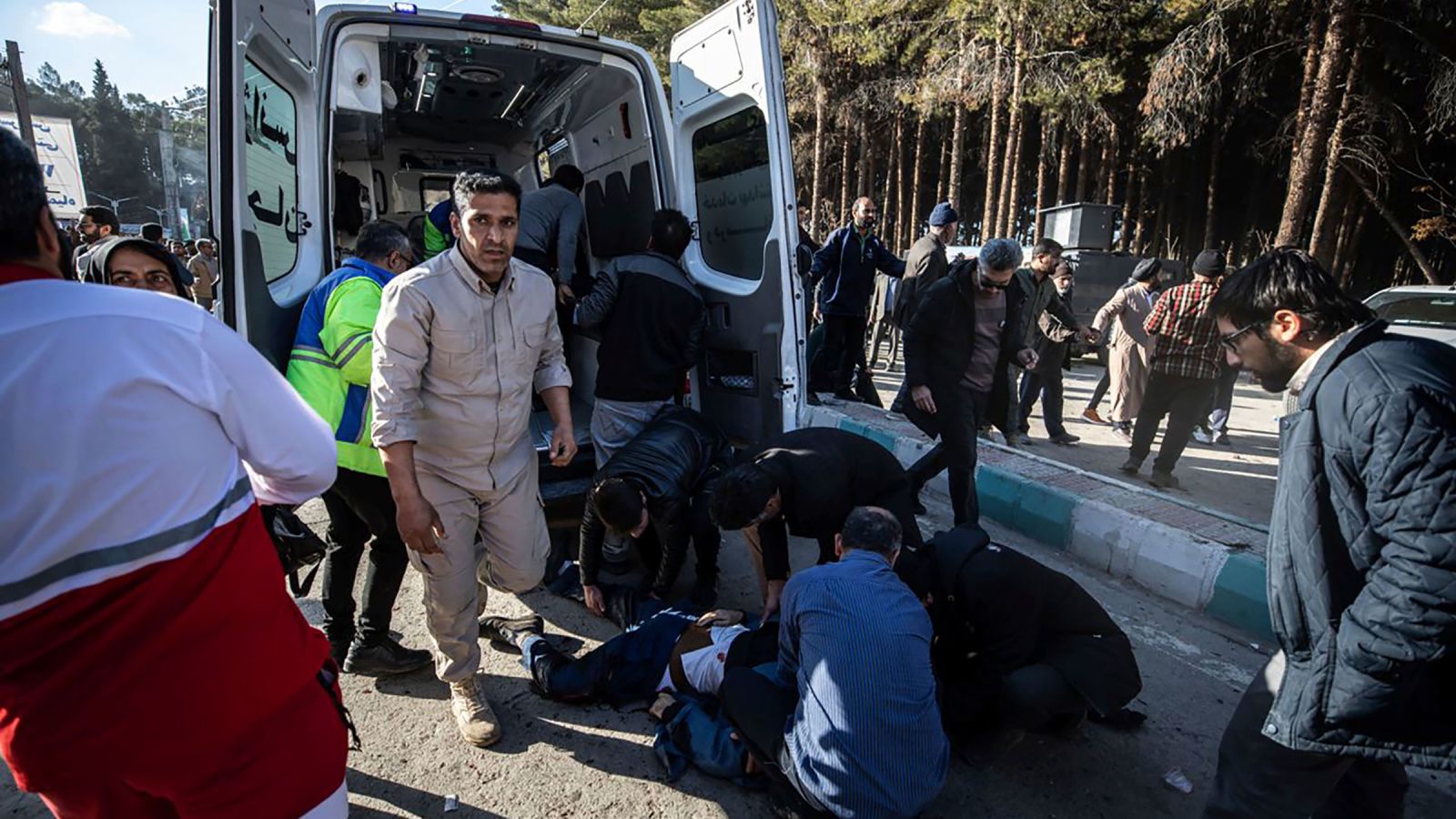US & Israel: Unpacking The 'Attack' Narrative Amidst Middle East Tensions
Table of Contents
- The Enduring US-Israel Special Relationship
- The Genesis of Modern Conflict: Hamas and Beyond
- Iran's Role and Regional Escalation
- Direct U.S. Military Intervention: A Shift in Strategy
- The Diplomatic Dance and Ceasefire Efforts
- Broader U.S. Engagements: Yemen and Proxy Wars
- International Reactions and Regional Stability
- The Future of U.S. Involvement in the Middle East
In the complex tapestry of Middle Eastern geopolitics, headlines often swirl with dramatic pronouncements and alarming possibilities. One such phrase that has occasionally surfaced, causing confusion and concern, is 'ataque de estados unidos a israel' – a direct attack by the United States on Israel. However, a deep dive into the recent history and ongoing dynamics reveals a starkly different reality, one where the United States has consistently acted as a staunch ally and critical partner to Israel, even extending to direct military interventions in the broader regional conflict, primarily against Iran.
Far from an adversarial stance, the relationship between the United States and Israel is a deeply entrenched 'special relationship' that spans decades, marked by robust diplomatic, economic, and military cooperation. This article aims to meticulously unravel the true nature of U.S. involvement in the volatile Middle East, particularly concerning Israel, drawing on recent events and official statements to clarify misunderstandings and provide a comprehensive overview of American actions amidst escalating tensions with Iran and other regional actors.
The Enduring US-Israel Special Relationship
The bond between the United States and Israel is often described as unique, characterized by shared democratic values, strategic interests, and a long history of mutual support. This relationship, which "se remonta" decades, has been a cornerstone of U.S. foreign policy in the Middle East, providing a stable anchor in an otherwise turbulent region. American financial and military aid to Israel has been substantial and consistent, reflecting a bipartisan commitment across successive U.S. administrations.
A Foundation of Unwavering Support
The strategic alliance between Washington and Jerusalem is not merely transactional; it is deeply rooted in a shared vision for regional stability and security. The U.S. has consistently provided Israel with advanced military technology, intelligence sharing, and diplomatic backing on the international stage. This unwavering support is often framed as essential for Israel's qualitative military edge, a critical factor in its defense posture against a multitude of threats. The commitment goes beyond rhetoric, translating into concrete actions that underscore the depth of this partnership, often dispelling any notion of an 'ataque de estados unidos a israel' as a viable or even conceivable scenario.
The Genesis of Modern Conflict: Hamas and Beyond
The recent intensification of hostilities in the Middle East was significantly triggered by the unprecedented attack by the Palestinian group Hamas on Israel. This event sent shockwaves globally, prompting immediate and strong reactions from international powers, none more so than the United States. The U.S. response was swift and unequivocal, demonstrating its commitment to Israel's security.
U.S. Firm Backing Post-Hamas Attack
Following the Hamas attack, U.S. President Joe Biden "dejó claro el firme respaldo de su país a israel." This was not just a diplomatic statement but was followed by tangible support, including the deployment of naval assets to the Eastern Mediterranean and the provision of emergency military aid. The U.S. emphasized Israel's right to self-defense, while also engaging in efforts to mitigate humanitarian crises in Gaza. This period underscored the U.S. role as a protector and ally, actively countering any narrative that might suggest an 'ataque de estados unidos a israel' could ever be part of its strategy.
Iran's Role and Regional Escalation
Beyond the immediate conflict with Hamas, the broader regional tensions are inextricably linked to Iran's growing influence and its nuclear ambitions. Iran's network of proxy groups and its own military capabilities pose a significant challenge to regional stability, often drawing the U.S. and Israel into a complex web of confrontations. The conflict "que involucra a ee.uu., israel e irán" is multifaceted, encompassing cyber warfare, proxy conflicts, and direct military posturing.
Iran's Provocations and Israel's Countermeasures
Iran has not shied away from direct actions that escalate tensions. For instance, "Irán atacó la base al udeid en catar," a significant U.S. military installation, highlighting the direct threat Iran poses to American interests in the region. In response, Israel has been proactive in what it perceives as defensive measures. "Israel ha estado llevando a cabo oleadas de ataques aéreos contra instalaciones militares, nucleares y energéticas iraníes, en lo que considera un esfuerzo por impedir que desarrolle una bomba." These actions reflect Israel's deep concern over Iran's nuclear program and its regional destabilization efforts. Iran, in turn, has issued stark warnings, stating that its attacks gave Iranian forces "carta blanca" to "actuar contra los intereses de ee.uu," further complicating the security landscape and setting the stage for potential direct confrontation, not an 'ataque de estados unidos a israel', but rather a potential U.S. counter-attack against Iran.
Direct U.S. Military Intervention: A Shift in Strategy
A pivotal moment in the recent regional dynamics was the direct military involvement of the United States against Iran, a move that marked a significant departure from previous decades of proxy confrontation. This direct entry was not an 'ataque de estados unidos a israel', but rather an explicit intervention in support of Israel and to protect U.S. interests.
U.S. Strikes Against Iranian Nuclear Facilities
The U.S. took decisive action, directly targeting Iranian infrastructure. "Estados unidos se unió este sábado a israel en los ataques contra irán, marcando una escalada significativa en el conflicto de medio oriente, que podría desestabilizar la región." This statement unequivocally clarifies the direction of the U.S. military action. Specifically, "Estados unidos atacó este sábado tres instalaciones nucleares en irán elevando la tensión que se vive en medio oriente." The U.S. confirmed the success of these operations: "Hemos completado con gran éxito nuestro ataque contra tres..." These were not random acts but a targeted campaign. "Estados unidos lanzó un bombardeo a tres instalaciones clave del programa nuclear de irán en respaldo a israel." This crucial detail highlights that the U.S. actions were a direct consequence of its commitment to Israel's security, particularly concerning Iran's nuclear ambitions. The Secretary of Defense, Pete Hegseth, later confirmed that the "instalaciones nucleares de irán sufrieron 'daños extremadamente graves'," indicating the severity and impact of these strikes. This direct intervention marked "la entrada directa de estados unidos en el conflicto entre israel e irán, rompiendo décadas de confrontación por poderes interpuestos," fundamentally reshaping the dynamics of the conflict. It is critical to reiterate that these actions were against Iran, not an 'ataque de estados unidos a israel'.
The Diplomatic Dance and Ceasefire Efforts
Amidst the escalating military actions, diplomatic efforts remain a crucial, albeit challenging, component of managing the Middle East crisis. The United States has consistently played a central role in de-escalation attempts, seeking to prevent wider regional conflagration.
Following intense periods of exchange, "Ambas naciones acatan un inestable cese al fuego luego de la intervención de estados unidos, que atacó las instalaciones nucleares iraníes." This demonstrates the U.S. capacity to influence the conflict's trajectory through both military and diplomatic means. The U.S. also actively supported Israel's defensive preparations against potential Iranian retaliation. "Los preparativos para la defensa sin precedentes de israel del primer ataque lanzado desde la república islámica de irán comenzaron hace diez días, cuando el presidente de estados unidos, joe..." This proactive stance underscores the U.S. commitment to Israel's security. Furthermore, when tensions flared, "El presidente de estados unidos, donald trump, solicitó el alto el fuego entre irán e israel 'a modo de súplica' poco después de los ataques iraníes contra la base estadounidense al udeid." This highlights the consistent U.S. role in mediating and de-escalating direct confrontations between Israel and Iran. The U.S. also had intelligence that "irán se prepara para lanzar de forma inminente un ataque con misiles balísticos contra israel," leading to active support for Israel's defensive measures: "Estamos apoyando activamente los preparativos defensivos." The Secretary of State, Antony Blinken, has also been actively engaged, stating he would "consultar con aliados y socios en la región y en todo el mundo en las próximas horas y días tras el ataque de represalia iraní," reinforcing the diplomatic efforts accompanying military actions. These diplomatic maneuvers are aimed at preventing an 'ataque de estados unidos a israel' from becoming a topic of discussion, by ensuring regional stability through proactive engagement.
Broader U.S. Engagements: Yemen and Proxy Wars
The U.S. involvement in the Middle East extends beyond the direct Israel-Iran dynamic to encompass other regional flashpoints, particularly those involving Iran-backed proxy groups. These engagements further illustrate the multifaceted nature of U.S. security interests and its commitment to countering destabilizing forces.
A notable example is the U.S. response to the Houthi rebels in Yemen, who are supported by Iran. "Estados unidos llevó a cabo una ronda de ataques en yemen contra los hutíes respaldados por irán este miércoles por la noche, según el secretario de defensa, lloyd austin, apuntando a cinco..." These strikes were a direct response to Houthi attacks on international shipping in the Red Sea, which threatened global commerce and regional security. While not directly an 'ataque de estados unidos a israel', these actions are part of a broader strategy to contain Iran's regional influence and protect allies and international interests, indirectly benefiting Israel by weakening Iran's proxy network. The interconnectedness of these conflicts means that actions taken in one theater often have ripple effects across the entire region, underscoring the complexity of the security environment.
International Reactions and Regional Stability
The direct U.S. military actions against Iran, particularly in support of Israel, have naturally elicited a wide range of international reactions. These responses reflect the global concern over the potential for a wider conflict and the desire for de-escalation.
"Estas son las principales reacciones internacionales al ataque estadounidense del domingo contra varias instalaciones nucleares iraníes, con el que washington se unió a israel en su guerra." The international community largely expressed concern, with many nations calling for restraint and a diplomatic resolution. While some allies supported the U.S. and Israeli stance, others urged caution, fearing a spiraling conflict. The direct entry of the U.S. into the Israel-Iran conflict has undeniably raised the stakes, making regional stability an even more precarious endeavor. The notion of an 'ataque de estados unidos a israel' is further debunked by these international reactions, which clearly recognize the U.S. as an ally to Israel in its conflict with Iran, not an aggressor against it. However, Iran's response was swift and pointed: "Irán responde a estados unidos con más misiles en israel desde el inicio de la guerra, algunos misiles han logrado impactar en infraestructuras estratégicas de israel." This tit-for-tat escalation highlights the dangerous cycle of action and reaction that characterizes the current Middle East landscape, a cycle that the U.S. is actively trying to manage and contain.
The Future of U.S. Involvement in the Middle East
The recent events underscore a significant shift in U.S. foreign policy in the Middle East, moving from a strategy of indirect confrontation to direct military engagement when deemed necessary to protect its interests and those of its allies. The future trajectory of U.S. involvement will likely be shaped by the evolving dynamics of the Israel-Iran conflict, the stability of regional alliances, and the broader geopolitical landscape.
The U.S. commitment to Israel remains steadfast, as demonstrated by the immediate and strong backing provided in times of crisis. The direct strikes against Iranian nuclear facilities and Houthi targets signal a more assertive American posture aimed at deterring aggression and maintaining a balance of power. However, this increased direct involvement also carries risks, including the potential for miscalculation and unintended escalation. The diplomatic efforts will continue to run parallel to military actions, seeking to find pathways for de-escalation and long-term stability. The complex interplay of military force, diplomatic pressure, and strategic alliances will define the U.S. role in preventing an 'ataque de estados unidos a israel' and ensuring the security of its partners in a region perpetually on edge. The ongoing "conflict between israel e irán" and the "esfuerzos diplomáticos de estados unidos en el medio oriente" will continue to be central to global attention, with the U.S. playing a pivotal, albeit challenging, role in shaping its outcomes.
In conclusion, while the phrase 'ataque de estados unidos a israel' might surface in discussions, the overwhelming evidence and actions of the United States paint a picture of unwavering support and strategic partnership with Israel. American military interventions in the region have been directed at adversaries like Iran and its proxies, aimed at bolstering Israel's security and protecting broader U.S. interests, not at harming its long-standing ally. The U.S. role is one of a complex and deeply engaged actor, navigating a volatile region with a clear commitment to its allies and a strategic vision for stability.
For more detailed updates on the unfolding events and the intricate diplomatic efforts, we encourage you to follow live updates on the conflict between Israel and Iran and delve deeper into the multifaceted dynamics shaping the Middle East today. Your understanding of these critical issues is vital, and we invite you to share your thoughts in the comments below or explore other related articles on our site.

Israel presenta cronograma de ataque a Irán a Estados Unidos - Noticias

Estados Unidos advierte a Irán sobre las consecuencias de cualquier

Estados Unidos advirtió a Irán en secreto antes del ataque terrorista